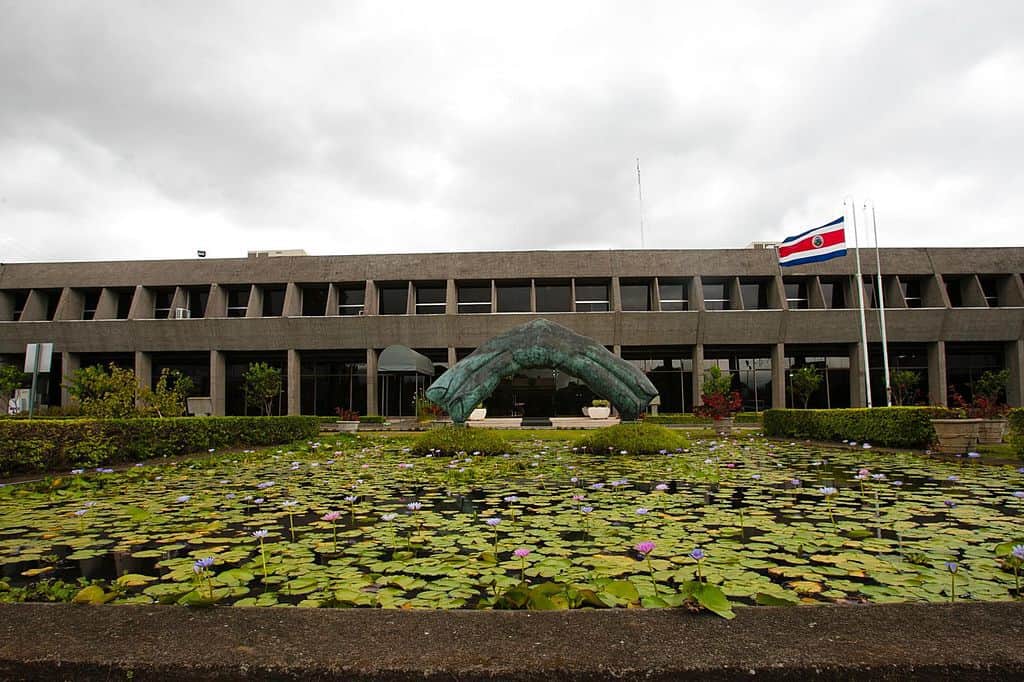Facing a fiscal deficit that reached 6.96% of GDP in 2019, the country’s highest figure in decades, the Costa Rican government on Monday announced a plan that aims to consolidate finances and encourage economic growth without applying further taxes.
According to a press release from Casa Presidencial, the strategy involves:
- Amortization of debt: The Finance Ministry hopes to use profits from the state banks, the National Insurance Institute (INS) and Correos de Costa Rica to pay outstanding interest payments. The Costa Rican Tourism Board (ICT) said it would contribute its ¢14 billion (about $24.5 million) surplus to the Finance Ministry for this purpose. In addition, the Costa Rican government would approve the sale of the International Bank of Costa Rica (BICSA) — based in Panama, and employing no Costa Ricans — and the sale or concession of the National Liquor Factory (FANAL) to further curb the growth of state debt.
- Reducing tax evasion: A $160 million loan from the World Bank will help Costa Rica manage an online platform to improve tax collection and mitigate tax evasion. The Finance Ministry would also review current tax exemptions.
- Reducing public spending: The government would merge certain institutions (superintendencies) and pass a law to regulate the salaries of public employees.
- Replacing expensive debt: The Finance Ministry asked for an approval of $4.5 billion in Eurobonds to pay off high-interest loans. This would allow Costa Rica to save significantly with lower interest payments.
Speaking before the Legislative Assembly, Finance Minister Rodrigo Chaves Robles predicted the measures “would allow Costa Rica to reach a primary fiscal surplus in 2021.”
“Without touching the pocket of people, without more taxes or reducing public services, Costa Rica can and should consolidate public finances on the solid foundations of fiscal reform,” he said.
Chaves also argued that the Law on Strengthening Public Finances, passed in late 2018, had helped Costa Rica avoid a more significant financial crisis. The legislation had been met with widespread protests from Costa Ricans who alleged the bill placed undue burden on the lower and middle classes.
In addition to the rising deficit, Costa Rica in 2019 saw unemployment rise to 12.4%, among the highest figures in Latin America.






